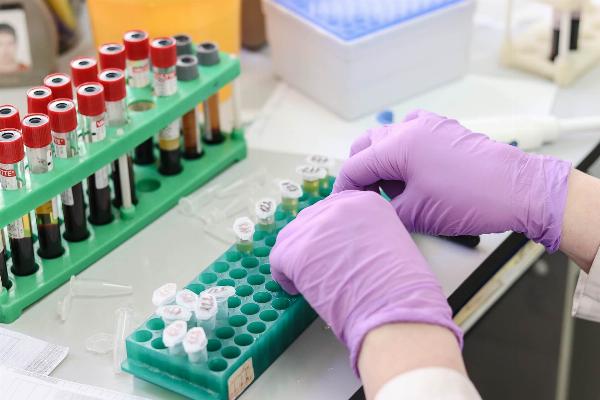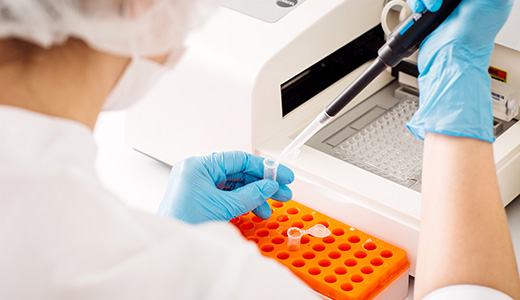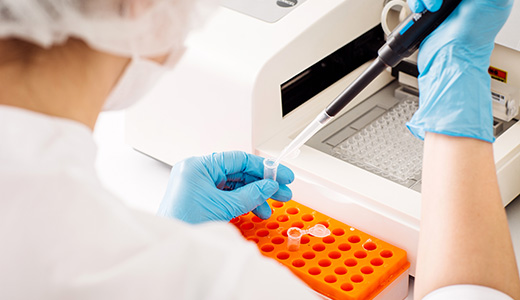Introduction to PROTAC Libraries and Linkers

The Emergence of PROTAC Technology
In the realm of modern drug discovery, the term "PROTAC" has become increasingly prevalent. PROTAC stands for "Proteolysis Targeting Chimeras," a revolutionary technology that offers an innovative approach to degrading specific proteins within cells. Unlike traditional small-molecule drugs, which typically inhibit the function of a target protein, PROTACs work by recruiting an E3 ubiquitin ligase to the target protein, marking it for degradation by the cell's proteasome. This novel mechanism opens up new avenues for therapeutic interventions, particularly for diseases where conventional drugs have failed.
Understanding PROTAC Libraries
A PROTAC library is a collection of diverse PROTAC molecules, each designed to target different proteins for degradation. The creation of these libraries is critical for high-throughput screening and identifying potent PROTAC candidates for specific therapeutic targets.
Researchers compile these libraries by using various target-binding moieties and E3 ligase-binding ligands. The diversity within a PROTAC library enhances the probability of finding effective degraders for a wide range of target proteins, facilitating the drug discovery process.
The Role of PROTAC Linkers
A PROTAC molecule consists of three key components: a target protein binder, an E3 ligase binder, and a linker that connects these two entities. The linker plays a crucial role in the overall efficacy and specificity of the PROTAC. It must be carefully designed to ensure optimal spatial orientation and proximity between the ligase and the target protein, promoting efficient ubiquitination and subsequent degradation.
PROTAC linkers can vary in length, flexibility, and chemical composition, affecting the PROTAC's cellular permeability, stability, and binding affinity. Researchers often experiment with different linker configurations to optimize the degradative capabilities of the PROTAC.
Linker Libraries: A Gateway to Optimization
A linker library is a collection of diverse linkers that can be incorporated into PROTAC molecules. By exploring different linkers within a PROTAC framework, scientists can identify the most effective combinations for specific target proteins.
Linker libraries typically contain a wide variety of chemical structures, including alkyl chains, polyethylene glycol (PEG) derivatives, and other molecular scaffolds. The diversity within these libraries allows for extensive experimentation and optimization, crucial for developing potent and selective PROTACs.
Applications and Future Prospects
The potential applications of PROTAC technology are vast and span various therapeutic areas, including oncology, neurodegenerative diseases, and infectious diseases. By enabling the targeted degradation of previously "undruggable" proteins, PROTACs offer new hope for treating complex and resistant conditions.
The ongoing development of PROTAC libraries and linker libraries will continue to facilitate the discovery and optimization of next-generation therapeutics. As researchers gain a deeper understanding of the underlying principles and mechanisms, the design of more sophisticated and effective PROTACs will become feasible.
Conclusion
In summary, PROTAC technology represents a groundbreaking advancement in drug discovery, offering innovative solutions for protein degradation. The creation and utilization of PROTAC libraries and linker libraries are essential components of this emerging field, driving the identification and optimization of potent degraders. As we continue to explore and refine these tools, the therapeutic potential of PROTACs will undoubtedly expand, paving the way for novel treatments and improved patient outcomes.
Note: IndiBlogHub features both user-submitted and editorial content. We do not verify third-party contributions. Read our Disclaimer and Privacy Policyfor details.






